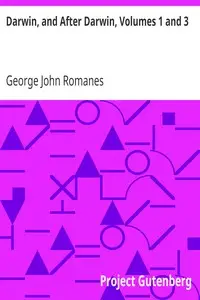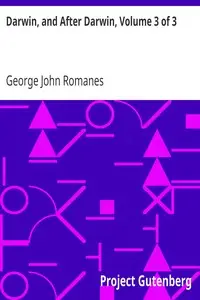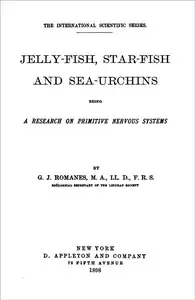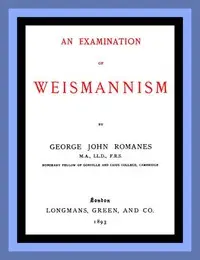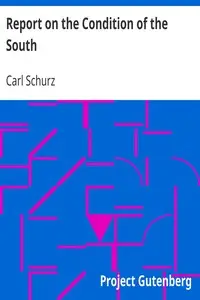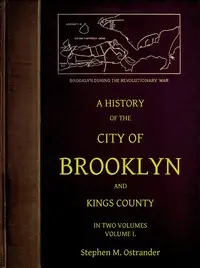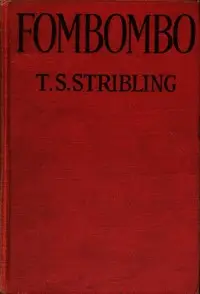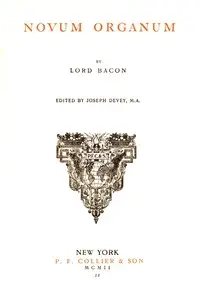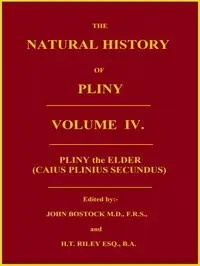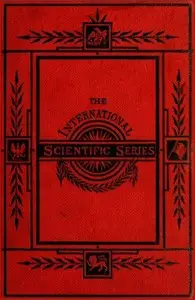"Darwin, and After Darwin, Volume 2" by George John Romanes is a scientific publication written in the late 19th century. The book is focused on exploring post-Darwinian questions, particularly those concerning heredity and utility, and aims to examine significant theories that have emerged following Darwin's foundational work in evolutionary biology. In this volume, the author engages with key debates in the scientific community at the turn of the century regarding the mechanisms of evolution, particularly emphasizing the inheritance of acquired traits versus the established principles of natural selection. The opening of the text lays the groundwork for these discussions by situating Darwin's original theories against the backdrop of emerging post-Darwinian thought. Romanes begins by outlining Darwin’s contributions to evolutionary theory, particularly his insistence that natural selection is not the sole mechanism of evolution. He introduces the perspectives of prominent contemporaries, including Alfred Russel Wallace and August Weismann, who argue for different interpretations of natural selection and inheritance. Romanes acknowledges the complexities and controversies surrounding these theories and sets up a framework for a thorough investigation into the principles of heredity and utility, inviting readers to navigate through intricate debates that shaped the understanding of evolution in the scientific community. (This is an automatically generated summary.)
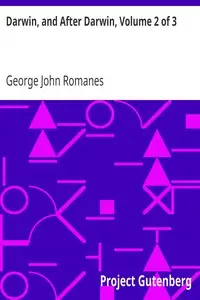
Darwin, and After Darwin, Volume 2 of 3 Post-Darwinian Questions: Heredity and Utility
By George John Romanes
"Darwin, and After Darwin, Volume 2" by George John Romanes is a scientific publication written in the late 19th century. The book is focused on explo...
Genres
Released
2011-10-15
Formats
epub
mobi
epub3 (images)
mobi (images)
epub (images)
Free Download
Overview
About the Author
George John Romanes was a Canadian-Scots evolutionary biologist and physiologist who laid the foundation of what he called comparative psychology, postulating a similarity of cognitive processes and mechanisms between humans and other animals.
Total Reviews
10.0k
Total reviews from Goodreads may change

